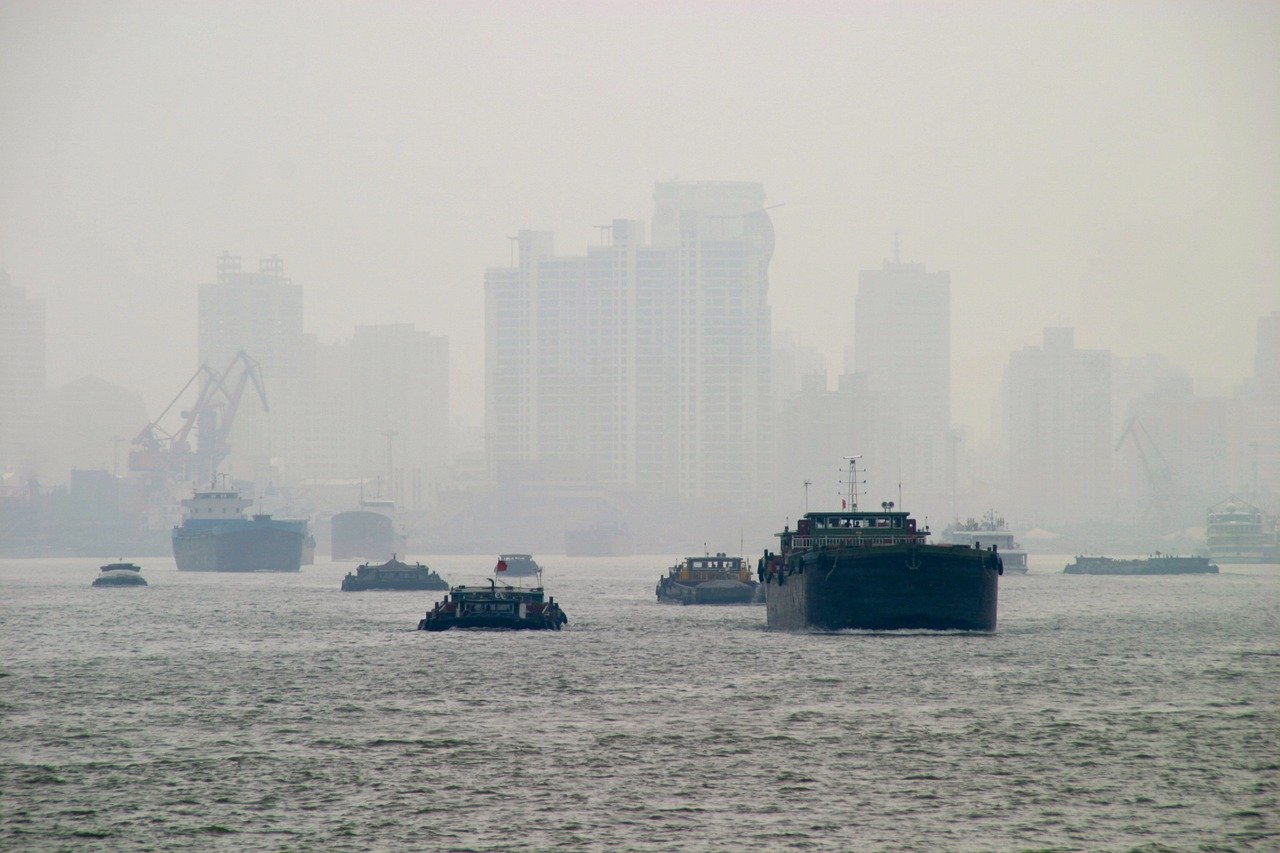In January 2020 researchers from the USA published the results of their study to assess the potential interactions between prenatal polycyclic aromatic hydrocarbons exposure and psychosocial/socioeconomic stress on mental health … Read more
Increased levels of polycyclic aromatic hydrocarbons have been found in children and adolescents living in homes using domestic fuel, eg coal, wood, oil or gas for heating, or gas for cooking
In February 2020 researchers from Germany published the results of their study to assess the level of polycyclic aromatic hydrocarbons found in the urine of children. The researchers stated that … Read more
Although pollutants the mother has been exposed to can pass into the breast milk, environmental studies have confirmed that the protective effects of breastfeeding still outweigh its potential health risk to the infant
On October 2019 researchers from Poland published their review of the medical scientific literature to assess the potential effects of air pollution on breast milk and whether breastfeeding can overcome … Read more
Long-term exposure to polycyclic aromatic hydrocarbons may result in thyroid function impairment
In January 2018 researchers from Iran published the results of their study to assess the association of urinary levels of polycyclic aromatic hydrocarbons with thyroid function in children and adolescents. … Read more
Researchers call for a review to establish whether exposure to chemicals associated with fracking has a negative impact on public health and on wildlife
In March 2018 researchers from the USA published their review of the medical scientific literature to assess whether the list of chemicals associated with unconventional oil and gas extraction (commonly … Read more
Living or working near a fracking site increases an individual’s exposure to polycyclic aromatic hydrocarbons
In October 2018 researchers from the USA published the results of their study to assess the concentration of polycyclic aromatic hydrocarbons in the air near fracking sites. Three active and … Read more
Consumption of ‘very hot’ beverages appears to increase the risk of oesophageal cancer
In March 2018 researchers from Germany, Kenya, Brazil and the USA published the results of their study to compare the effects of polycyclic aromatic hydrocarbons with the consumption of very … Read more







